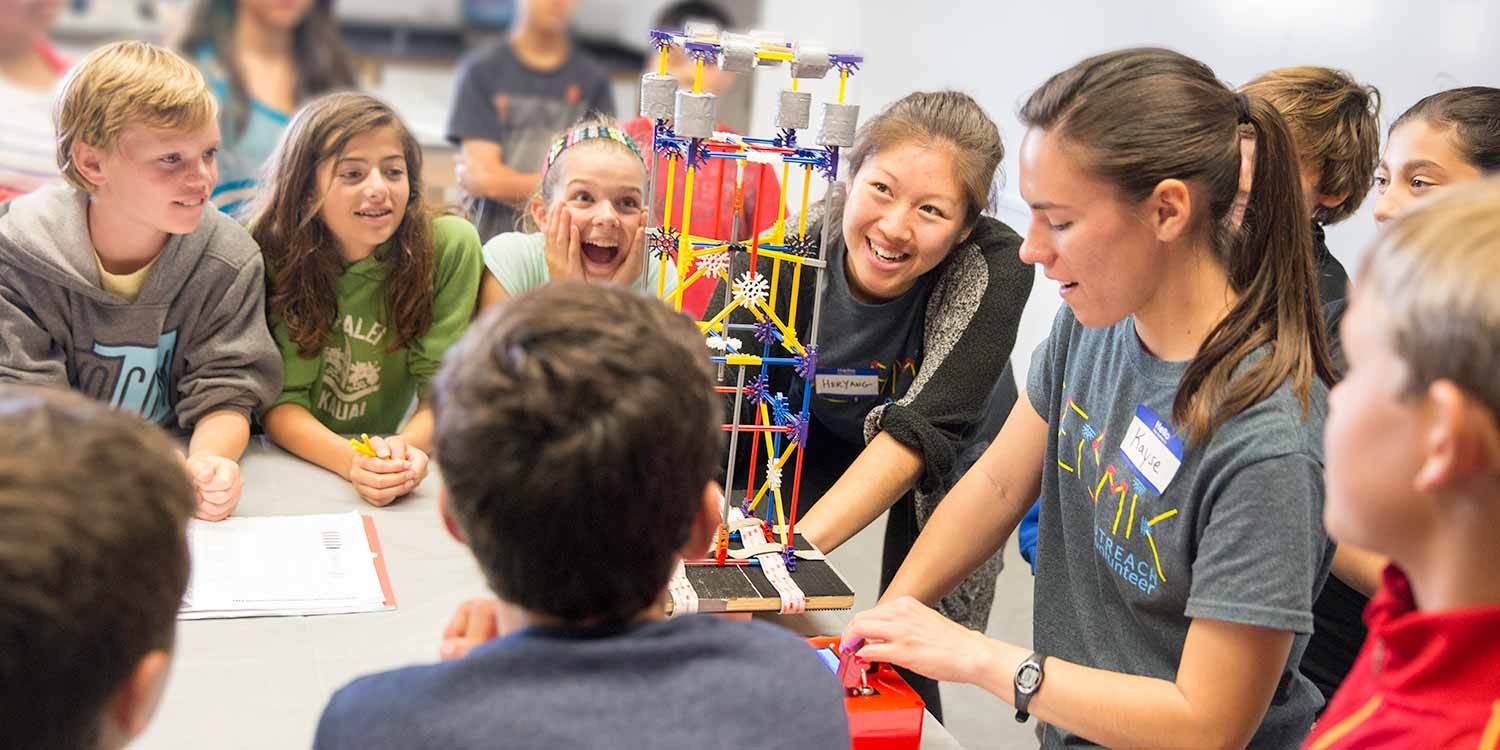
Establishing and maintaining positive relationships with peers and professors is important for creating a friendly and productive atmosphere in schools and workplaces. These relationships are the foundation of any school or job. They provide the support and teamwork needed for personal and group success. When students build strong bonds with their teachers, professors, and classmates, they learn better. This builds trust, which can improve their academic and work performance.
It’s important to have good relationships with both peers and mentors. In today’s digital age, making real connections can be tough. Many people seem busy with their own interests and don’t want to engage with others. Still, it’s crucial to learn and practice building and keeping healthy relationships, even with these challenges.
How to build a healthy relationship with Professor?
To build strong relationships with your teachers or professors, there are several key strategies to follow. Firstly, these tips work for school, college, or any professional program. Additionally, here are four ideas to consider:
1) Take Advantage of Office Hours
Talking with your professors during office hours helps you understand the course better and make strong connections. You can set up a meeting or email them to ask about their career and experiences. Showing real interest in their background can lead to interesting talks. This builds a good relationship and shows your enthusiasm for their field. In the future, this connection can help you get a letter of recommendation because your professor will know more about you and your interests.
2) Actively Participate in Class Discussions
Engaging in class discussions is important for building a positive relationship with your professors. Don’t be afraid to raise your hand and join in, even if you’re unsure of the answer. Actively participating shows you care about the subject and helps build your confidence. When you join discussions, you not only learn more but also show your dedication to the course. So, participating in class discussions will be very helpful for you.
3) Don’t hesitate to seek help
If you’re struggling with your courses and feeling overwhelmed, don’t be afraid to make use of your professors’ office hours. Paying a visit during office hours can be beneficial as you can get one-on-one help. The professor might explain things in a different way or offer additional resources when they see that you’re seeking help. Professors are there to support you, so don’t hesitate to reach out even if you feel unsupported in a particular course. If needed, you can also consider reaching out to another professor in the department for guidance and support.
4) Show respect and kindness
Always be respectful and kind to your professors. Simple gestures like saying good morning, asking how they are, or wishing them a good weekend can make a big difference. You never know when you might need their help, and they will remember your kindness. Even if you haven’t participated much in class or visited office hours, showing respect will leave a positive impression. Respect always pays off in the long run.

Read Other Hindi Posts : Letsgyan Hindi Post
How to Build a healthy relationship with Peers?
By implementing this communication and listening strategies, individuals can cultivate and enrich their peer relationships, ultimately creating stronger bonds and reducing the likelihood of misunderstandings.
Importance of Building Healthy Relationships with Peers:
Studies show that children with many friends feel less lonely and stay more engaged at school. In today’s social media-driven world, making real connections can be tough. Many people focus on their own interests, so building healthy relationships is very important. These relationships help create a more connected and happy society.
1). Using ‘I’ Statements
When building a healthy relationship with peers, use good communication and active listening. One way to do this is by using “I” statements. This means sharing your feelings without blaming the other person. Using “I” statements can make conversations feel less threatening and more open. Start by saying “I feel” to share your emotions. Then explain why you feel that way and suggest how your friend can help make you feel better.
2). Active Listening
Active listening means showing the speaker that you are really paying attention. You do this by reflecting, restating, and responding to what they say. Active listening keeps relationships positive and helps build better connections. It also prevents misunderstandings and encourages people to share more. When you listen actively, the speaker feels valued and respected. Here are 4 steps to follow after listening:
a. Listen carefully by keeping eye contact and avoiding distractions.
b. Repeat back what the speaker said.
c. Explain what the speaker meant and add that to your response.
d. Summarize what happened, how they felt, and why they felt that way to show you understand.
3) Spending time together
It’s beneficial to collaborate on assignments, classwork, or projects with the classmates you’d like to build friendships with. Additionally, having lunch together or visiting the canteen can provide opportunities for bonding. Research indicates that students who study together tend to achieve better academic results and experience less stress compared to those who study alone.
4) Engaging in games
Implementing activities such as “Getting to Know You” bingo can be a fun and effective way to understand each other’s situations, feelings, and backgrounds, consequently fostering stronger relationships.
To have a happy and fulfilling school and college life, it’s important to build healthy relationships with your peers and professors. This can help manage mental pressure. By following the tips above, you can develop strong relationships and lead a more successful life.

